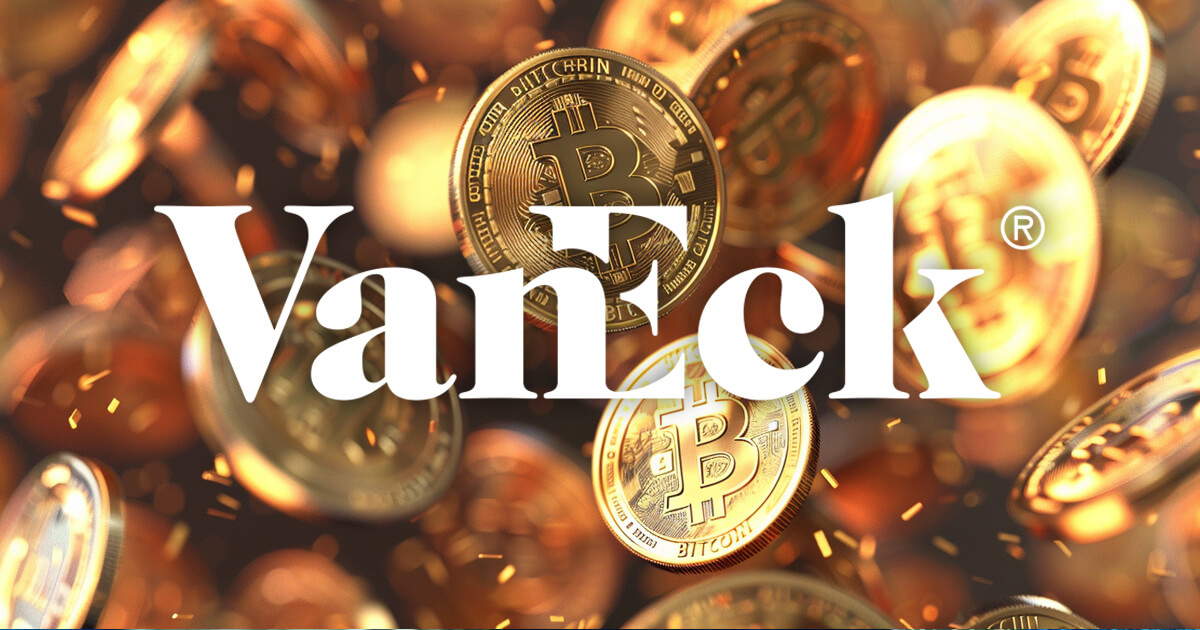Global Stock Markets in Shambles as Trump’s Tariffs Spark Economic Fears
With over $5 trillion wiped off global stock markets since Trump’s tariffs were announced on April 2, economists worldwide are fearful that the so-called ‘Liberation Day’ may cause a recession so deep it “could tank much of the economy around the world.”
President Trump’s Response
Panicked by the ferocious market reactions, on Friday, the president called on Federal Reserve Chairman Jerome Powell to cut interest rates, calling it the “perfect time” on his Truth Social platform. However, Powell prefers to remain steady, foreseeing rising inflation and slower growth from the aggressive tariffs policy.
Economists’ Concerns
As Powell noted, the tariffs are likely to cause a temporary surge in inflation, which could become more persistent and make it premature to adjust monetary policy without clearer economic signals.
Trump’s Criticism
Trump’s same Truth Social post stated:
“He [Jerome Powell] is always ‘late,’ but he could now change his image, and quickly… CUT INTEREST RATES, JEROME, AND STOP PLAYING POLITICS!”
Powell’s Response
However, Powell emphasizes that the Fed is not in a hurry, preferring to wait for clearer economic signals before making policy adjustments. This cautious approach is driven by concerns over inflation, a persistent issue he expects to see exacerbated by the tariffs.
Bitcoin as the Hedge
As the world hangs by a thread in anticipation of tariff negotiations, retaliations, or rate cuts to avoid a potential economic armageddon, many are maintaining their eyes on Bitcoin, which seems to have shaken off its longstanding correlation with the stock market and other global risk-on assets.
The Dow Jones Industrial Average hemorrhaged over 2,200 points on Friday, adding to the previous day’s decline of 1,679 points, marking the worst two-day performance in history, and the Nasdaq and S&P500 experienced their worst drops since COVID. Meanwhile, Bitcoin barely fluctuated, holding steady at around $83k, even registering a slight gain at the time of writing.
Expert Insights
Rajat Soni, a CFA charter holder and Bitcoin and finance analyst, commented:
“The S&P 500 has lost ALL OF ITS RETURNS since March 2024. Bitcoin is up ~30% in the same period.”
Tether CEO Paolo Ardoino simply stated “Bitcoin is the hedge.”
Director of Market Research at the crypto financial firm Unchained, Joe Burnett, said in a video post:
“Trump’s tariffs are here, U.S. equities are crashing, and China is retaliating. Now may be one of the best times to build a meaningful bitcoin position. Not financial advice.”
Conclusion
The ongoing trade tensions and tariff wars are causing significant concerns among economists and investors worldwide. The potential for a deep recession looms large, and the market is looking for a safe haven. As the global economy teeters on the brink, Bitcoin is emerging as a potential hedge against market volatility.
FAQs
What is the current state of the global stock market?
With over $5 trillion wiped off global stock markets since Trump’s tariffs were announced on April 2, the market is experiencing significant volatility and uncertainty.
What is the Federal Reserve’s stance on interest rates?
Federal Reserve Chairman Jerome Powell prefers to remain steady, foreseeing rising inflation and slower growth from the aggressive tariffs policy, and is not in a hurry to cut interest rates.
How is Bitcoin performing in the midst of this market turmoil?
Bitcoin is holding steady at around $83k, even registering a slight gain at the time of writing, despite the significant declines in the global stock market.
What are the experts saying about Bitcoin?
Many experts, including Rajat Soni, Paolo Ardoino, and Joe Burnett, are highlighting Bitcoin’s potential as a hedge against market volatility and recommending it as a safe-haven asset.
What is the current market capitalization of Bitcoin?
At the time of press, Bitcoin has a market capitalization of $1.64 trillion.
What is the total crypto market capitalization?
At the time of press, the total crypto market is valued at $2.65 trillion.










